Weathering The Cold Months: How To Stay Healthy In The Winter
As we near the end of the year we officially enter the winter season. With that said, applying and or seeking out good health tips during the winter season is a good choice as as we move into the colder months.
So, on that note we are going to explore regimens such as, hydration, boosting the nervous system, strengthening the immune system, exercise and diet as well as other winter wellness ideas that can be beneficial to staying healthy during these colder months.
Hydration and Exercise:
It’s commonly known that staying hydrated is a vital component of optimum wellness. In addition, one could say, that is why hydration is so important to our survival as a species.
During the summer months I would suggest that we are typically more conscious about staying hydrated due to the fact we sweat more, get thirsty more often and subsequently drink more fluids. But what about during the winter months? I think it’s fairly prevalent, during the winter months, to be lured to sleep by overlooking the notion that we still need to keep the body hydrated.
With the above mentioned, one should take account into how easily it is to become dehydrated during these months. Cold weather has a tendency to restrain thirst. So, serving due diligence to that fact is important this time of year. Beverages such as coffee, tea and sodas have a propensity to act as a diuretic causing the body to frequently pass urine thus causing fluids to leave the body to rapidly and inhibiting proper hydration. Alcohol is another culprit for dehydration. Also, it lowers body temperature which can potentially lead to hypothermia. source
Another reason that staying hydrated in the winter is more difficult, is that there is less humidity in 
A reliable indicator of dehydration is the color of your urine. If you have dark or strong yellow hued urine, that is almost always a surefire sign that you should be consuming more fluids.
Some easy tips for keeping hydrated during these cold months:
- Don’t depend solely on thirst as a determinant that you are dehydrated. Be mindful about
consuming water throughout the day. 65-70oz of water per 100lbs of body weight is a good daily target(balancing your consumption throughout the day). For every 30 minutes of physical activity that can induce sweating, such as exercise or vigorous physical labor, add about 12oz.
- Have fruits and vegetables present in your diet as they have very good hydrating properties.
- Always keep your water close to you. Use a plastic free or BPA free container for carrying at all times.
- If drinking cold beverages doesn’t sit well with you in the winter months, you could always put your preferred beverage in a thermos. Now, if you are one who is dependent on some sort of caffeinated beverage like coffee, tea ect… or consumes alcoholic beverages, i would highly suggest drinking another 10-12oz of water after every cup of caffeinated beverage(coffee/tea/soft drink) or 12oz alcoholic beverage(beer/wine/mixed drink). Though you may be better off just avoiding those items all together, it’s at least a good damage control measure. Read more
Exercise
It would probably be fair to surmise that, in the same way we tend to be more naive about our need to stay hydrated during the cold season, most are not as active during these months as in the warmer months. Of course their are exceptions, like those who have a season pass at the local ski resort or a yearly membership at the gym. For those who have sedentary job descriptions and or lifestyles, this time of year can make for health and wellness to be all the more problematic.
Sweating is a great way to expel waste from the body. For those who tend to be not as active this time of year, due to the weather conditions therein, this will most certainly put you at higher risk for sickness as the winter goes on due to the fact those toxins are building up and compromising the immune system’s ability to fight it off.
If you insulate yourself well enough in the colder months(even on the extremely cold days) you can still do ok getting the exercise you need to build up a good sweat. I myself would suggest getting out of sub 25° weather and back indoors right after a jog or other variant of workout. You don’t want that cold air to seep through to the moist inner part of your clothing and your skin. I myself have fallen ill from that very problem many times(that and the combination of not hydrating properly). Note: There are certain types of attire on the market worth looking into, that are designed to pull the sweat away from the skin so as to not be faced with that issue.
When running outdoors, some suggest that it is best to dress like it’s 20° warmer than it actually is and if there there is a breeze, to start your run going into the wind and end your run with the wind at your back. This link provides some guidelines that could be helpful in deciding on the appropriate apparel for jogging in specific cold temperatures.
Another option is to take up an indoor sports activity or workout either in a gym, fitness center or at home in your living room with with a treadmill or exercise bike.
These are just a few suggestions on how to stay active in the winter which can be highly beneficial to sustaining wellness this time of the year.
Bottom Line:
Stay physically active and hydrated during the winter months.
Skin Care:
The cold dry air in the winter months can deprive and sap the moisture and natural oils from your

Skin tissue is the largest organ in the body and is the first line of defense against illness. When the skin becomes dry and parched, it’s ability to repair itself is greatly compromised. Common such symptoms during these months are, dry cracked skin around the cuticles of your fingers, chapped lips, and in other various parts of the body.
A couple tips on protecting and replenishing your skin from the dry elements:
One simple remedy for addressing dry skin indoors is the use of a humidifier. Also, bacteria and viruses do not travel as well in moist air as when the air is dry. You can read more on other benefactors and how to use and take care of a humidifier here.
Another tip that I would suggest is, reading a couple of great articles on DIY recipes for a hand lotion and lip balm. These are 2 very well written articles by Hong at https://organicsulfurforhealth.com/ which give detailed instructions on how to make this hand lotion and lip balm.
Diet and Strengthening the Immune & Nervous System:
Another tendency that I would submit many are susceptible to, is jumping from the foods consumed in the summer months( fruits, green leafy vegetables, ect.. and other light foods) right into foods that are more dense(stews, chili ect…) during the colder cycle of the year. This transition can be potentially troublesome due to how it can disrupt the proper function of a small valve known as the Ileocecal Valve.
Ileocecal Valve
This valve’s location is between the large intestine and the small intestine and is essentially a doorway flap . It’s purpose is to prevent intestinal bacteria/fecal matter from going back up into the small intestine. If this cecal valve is not working in the correct manner, this “door” can swing in the opposite direction sending a backwash from the large intestine back up into the small intestine.
When this occurs it can induce symptoms identical to the flu. This has nothing to do with a flu virus, fungus or mold. The digestive system is simply taken out of balance.
Flu like and other symptoms that can occur when when the Ileocecal Valve is not performing it’s proper role:
- joint pain
- circulation issues
- muscle aches and pains
- pinched nerves
- arthritis throughout the body
- migraines, hot and sweaty feverish feeling around the forehead, nausea
- chronic sinus infection
- loose bowels
- asthma like symptoms
Causes that can inhibit the normal function of the Ileocecal Valve:
- Bread, sugary, spicy, crunchy foods(popcorn, seeds, chips, pretzels) and other dense foods that can cause the valve to stick open
- Adrenal fatigue
- Emotional stress
- Inadequate chewing of food
- Infection(viral, fungal, parasitic, bacterial)
- Caffeine
- Deficiency in B12
Tips on maintaining and restoring the Ileocecal Valve’s normal operating function:
There are a couple massage techniques that can be very helpful in this manner.
One of which, is massaging the lower right quadrant of of the bellybutton (directly between the hip bone and belly button where the Ileocecum is located) up and down repeatedly for 5 minutes a day during the winter months. This can be a good measure to assure that the valve does not get stuck open or closed, thus functioning properly. source at 10min mark
Another massage technique is explained in this video:
Other remedies and dietary considerations for prime Ileocecal valve function:
-
- Avoiding or limiting those dense foods mentioned above
- Avoid or limit caffeine and sugary foods
- Supplementing with B12
- Proper chewing of food(40 times per bite). This will help activate the digestive enzymes in your saliva allowing for far better digestion. This is also a good tactical approach for controlling weight. source
- AFA Blue green algae(for digestion and a properly operating digestive tract)
Keeping The Immune System And Nervous System Strong:
The health of your Nervous system and Immune system are paramount to bodily function. When the nervous system is not operating at a sufficient capacity, the nerve cells and fibers that transmit nerve impulses throughout the body are compromised. This has a systemic effect on the immune system as well. Read more from a study at the University of California. If you are not taking the proper measures during the more frigid days of the year, your likely going to be at abject risk for illness.
Chiropractic Considerations:
If the spinal column is not in it’s correct alignment and you are suffering from joint tension, this can be a significant factor in weakening the nervous system, thus impacting the immune system(especially in the colder months). If this is an issue it may be prudent to seek chiropractic care as your first order of business. Once that is resolved, it will remove a big obstacle from from your nervous systems ability to function and open the door to boosting the immune system.
Cold Weather Can Have A negative Impact On Heart Health:
The lower temperatures can have a significant effect on blood vessels and arteries causing them to constrict. This is bound to restrict blood flow and reduce oxygen to the heart.
As mentioned earlier, hypothermia is a concern during these cold months. This occurs when your body’s temperature drops below 95% Fahrenheit and as a result, greatly impairs the the nervous system and other organs from functioning properly. source
Making Provisions For A Proper Diet:
A few dietary examples have been listed above thus far. Here a list of nutrient dense foods that can be advantageous to the well-being of the immune system.
Foods rich in Phytochemicals:
- garlic
- onions
- ginger
- mushrooms (shiitake, maitake and reishi)
- raw honey
- coconut oil
- blueberries
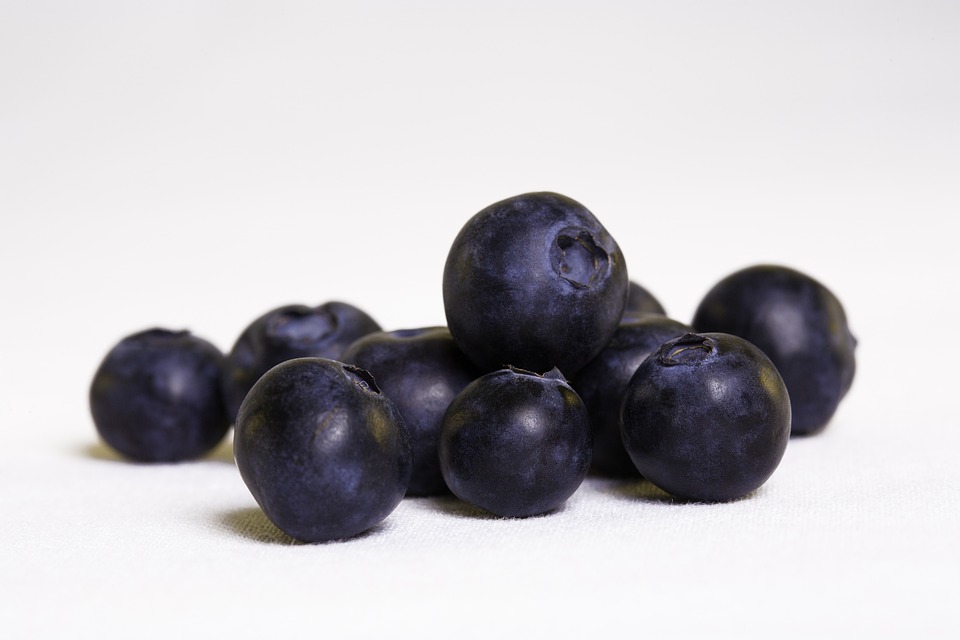
Foods rich in Vitamin C:
- camu camu
- kiwis
- citrus fruits
- strawberries
- papaya
- broccoli
- cauliflower
- Brussels sprouts
- goji berries
- guava
- fresh squeezed lemon juice
- green superfoods (moringa, spirulina, wheat grass, barley grass and alfalfa grass)
Foods rich in Zinc:
- oysters (top of the list as a natural source)
- shellfish
- pumpkin seeds
- lean meats
- ginger
- egg yolk
- almonds and walnuts
Note: nuts are a very dense food source. As was mentioned above in the segment on the Ileocecal valve and the problems that can occur if it is not working in it’s proper capacity, it would be a wise choice to limit your consumption of nuts to about a handful a day and of course chew them well(40 chews per bite).
Avoid sugar:
I’ve written in other posts how the negative impacts of sugar can suppress your quality of wellness. In my post “FIRING UP THE FURNACE! Hydrochloric Acid Deficiency and its Roll for the Digestion of Protein” I gave mention to how “imbalances in microbiome – the totality of microorganisms and their collective genetic material present in or on the human body or in another environment, may be the causative factor contributing to a whole host of chronic diseases.” Gut microbiome plays active role in managing the immune system and there is evidence suggesting that sugar has a disruptive influence on this.
Read more here on tips how to prep and sustain immune system health during the winter season.
Understanding Circadian Rhythm and Managing your Sleep Cycle in the Winter:
In this sub section we are going to examine some general interpretations of Circadian Rhythm and why this understanding is important to well-being and the sleep cycle in the winter months.
First, some terminology:
Circadian rhythm – A cycle of roughly 24 hours that plays a role in the physiological process of of living beings, including plants, animals, fungi and cyanobacteria: also known as blue-green algae
Circadian Clock – This biological “body” clock (also known as the “circadian oscillator“) is a 
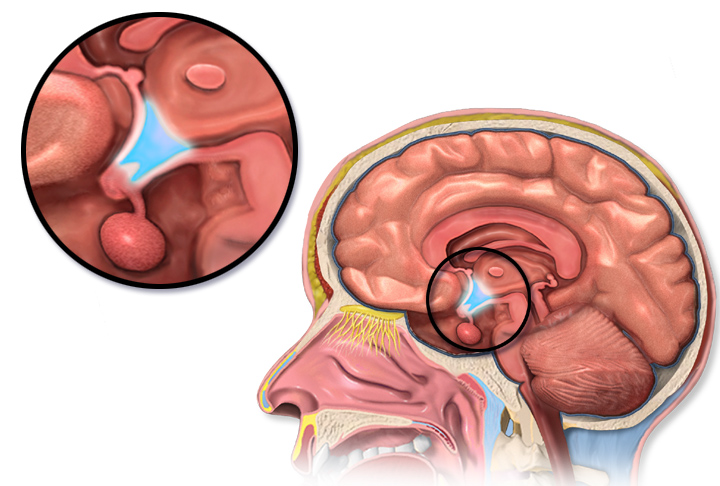
Hypothalamus – This region of the brain is responsible for producing several of the body’s necessary hormones and chemical structures that aid in controlling different cells and organs. Some of these functions include, regulating temperature, hunger, sleep, mood, sex drive and releasing other hormones within the body
Circadian period – This denotes the length of circadian rhythm in an individual, which usually varies between 23.5 and 24.5 hours. The average is about 24.2 hours
Growth hormone – (also called somatotropin) a peptide hormone secreted by the anterior lobe of the pituitary gland. Primarily, all tissues of the body, including bone, are stimulated by the growth of this hormone. GH is secreted during sleep and is crucial for normal growth in children
Cortisol – A glucocorticoid (steroid hormone) that is produced from cholesterol in the two adrenal glands, which are found above both kidneys. It also helps to govern metabolism, blood sugar levels and the immune system
Melatonin – A naturally occurring hormone in the brain that is secreted by the pineal gland as a response to darkness. It is a catalyst for the regulating other hormones and sustains the body’s circadian rhythm.
Circadian rhythm sleep disorders (CRSDs):
As humans we are a diurnal species. Which is to say we, as well as plants and much of the animal kingdom, are active in the daytime and sleep at night.
Sleep disorders in circadian rhythm are typified by the lack of ability to go to sleep and awaken at the desired time.
Circadian rhythm sleep disorders (CRSDs) have many different subtypes such as:
-
- Advanced sleep phase type (ASPT) – Erratic/uncontrollable timing of wake and sleep cycle
- Delayed sleep phase type (DSPT) – Considerable delay in sleep onset and awake times
- Free-running type (FRT) – This occurs in people who have sleep times that take place with a 1 HR delay and do not adapt to the zietburger (external clock AKA – 24 hour day)
Seasonal Affective Disorder (SAD)
4% to 6% of Americans are afflicted with symptoms acute enough to prompt a clinical diagnosis of a condition known as seasonal affective disorder (SAD). This is a variant of depression that is affected by the changing of seasons. Up to 20% suffer from a more subtle forms of this (known as the winter blues).
Symptoms that are indicative of (SAD):
- Appetite changes, especially a craving for sweet or starchy foods
Question: Ever notice how we tend to (on average) consume more of these types of foods (Halloween candy, Christmas cookies, candy canes ect…) starting around Halloween and thru the holiday season?
- Weight gain
- Arms and legs feel heavy
- Lowered energy level
- Fatigue
- Oversleeping
- Difficulty in concentration
- Irritability
- Heightened sensitivity to social rejection
- Tendency to avoid social environments
There are types of artificial light that can provide therapeutic remedy for this disorder:
![By Senior Airman Hailey Staker (https://www.dvidshub.net/image/1690894) [Public domain], via Wikimedia Commons](https://upload.wikimedia.org/wikipedia/commons/thumb/e/e3/Seasonal_patterns_affect_Airmen%2C_combated_by_28th_MDOS_141126-F-MU239-017.jpg/1024px-Seasonal_patterns_affect_Airmen%2C_combated_by_28th_MDOS_141126-F-MU239-017.jpg)
Other disparities in health that can occur when circadian rhythms are disturbed:
- Asthma
- Cardiovascular disease
- Elevation in blood pressure
- Insomnia
- Metabolic disorders
- Neurological disorders
Pointers on how to find your Circadian Rhythm and balance it with the winter season:
Plants and animals have an instinct for following seasonal patterns. This is something that is unlearned or intuitive in nature. Looking at the behavior of plants and animals in their natural habitat can teach us much about how to maintain and or restore our circadian rhythms. In the urban environments of modern society we have daily routines, due our jobs and or lifestyles that can easily take us out of sync with this delicate balance.
When this balance is disrupted and the master clock known as the Suprachiasmatic nucleus, which is located in the Hypothalamus region of the brain, is taken out of equilibrium by disruptions in sleeping patterns, disproportionate exposure to light, a night shift job or other disparities in ones daily schedule, the symmetry of your circadian rhythms can be severely compromised leading to a surge of physiological repercussions.
However, there are ways this can be addressed.
Make time for Rest
When the daylight hours are shorter there is less sunlight and it is colder, so as a result, it is natural to long for more rest. During these shorter days in the winter, the pineal gland produces more melatonin. This in turn results in getting sleepy for frequently. Making time for that extra rest can be beneficial to being in harmony with your circadian clock. Also, avoiding artificial blue light is a good idea when winding down (read more here).
The pituitary gland typically struggles to produce somatotropin as we get older. Getting at least 7 to 9 hours of sleep on consistent basis, is important to helping in the secretion of this hormone. Also, avoid meals or snacking at least 3 hours before bedtime, as this has an effect on raising insulin levels, which can greatly inhibit the production of GH (somatotropin) during sleep time. (read more here)
Take advantage of the limited sunshine
Sunlight is less frequent in the winter months but, seizing those rare opportunities to absorb natural rays from the sun can be very valuable in keeping your circadian clock balanced. Mornings are an especially good opportunity to capitalize on available sunlight. This will stimulate hormones such as, serotonin and cortisol, which will increase your heart rate, blood pressure and body temperature.
If you awaken during these hours when there is available sunlight, opening the blinds and allowing those rays in will make for a smooth transitional shift from your sleep cycle to getting on with your day.
Another tip is to take a 15 minute walk during the morning hours. If that is not possible in your schedule, then try make time for taking in some sunlight at some point during the day.
Also, sunlight (because of the emission of ultraviolet B rays) is one of the best sources of vitamin D.
Video: More tips on enhancing your quality of breathing:
Diaphragmatic breathing using the crocodile pose:
More tips on balancing circadian rhythms:
Addressing Flu Season: Is it the seasonal flu…..or is it?
I feel I would be remissed if i did not touch on the seasonal flu that is a common affliction of illness during the winter season.
Earlier we looked at the Ileocecal valve, it’s function, causes/symptoms when it is not operating in the proper order and tips on how to provide remedy. Also, I covered in that subsection, that when that valve is stuck open or closed it can create symptoms identical to the flu.
Recently, I came across an article from independent investigative journalist Jon Rappoport.
A quick background on Mr. Rappoport’s credentials: Was a candidate for a US Congressional seat in the 29th District of California, was Nominated for a Pulitzer Prize, he has worked as an investigative reporter for 30 years, writing for CBS Healthwatch, LA Weekly, Spin Magazine, Stern, and other newspapers and magazines in the US and Europe on the topics of politics, medicine and health and has conducted lectures on those subjects around the world.
In an article (released January 5 2018), regarding the seasonal flu, he covers some interesting data. He mentions that the press is taking two positions on the flu this winter: One, is that the seasonal flu vaccine may only be 10% effective, the other is that there is an outbreak of flu accross 37 states (last count).
Rappoport believes something far different is going on (siting the following source):
Dr. Peter Doshi, a writer for the British Medical Journal (BMJ) states that, every year, hundreds of thousands of respiratory samples are taken from patients in the US that are diagnosed with the flu and tested in labs. The findings? Only a small percentage of these samples actually show the evidence of a flu virus. In other words, most of these patients don’t actually have the flu.
So here lies the question: How can a seasonal flu vaccine protect you from a flu virus that you don’t have? The simple answer is, it can’t.
Here is the exact quote from Peter Doshi’s BMJ review, “Influenza: marketing vaccines by marketing disease” (BMJ 2013; 346:f3037):
“...even the ideal influenza vaccine, matched perfectly to circulating strains of wild influenza and capable of stopping all influenza viruses, can only deal with a small part of the ‘flu’ problem because most ‘flu’ appears to have nothing to do with influenza. Every year, hundreds of thousands of respiratory specimens are tested across the US. Of those tested, on average 16% are found to be influenza positive.
“…It’s no wonder so many people feel that ‘flu shots’ don’t work: for most flus, they can’t.”
Update (06/04/19) – Jon Rappoport’s blog site has been recently shut down due to what I understand is an alleged violation of service, so the original link sourcing the above information has been removed.
On a personal note:
Since i have never had a flu shot, I can only speak from second hand experience via people I know, whether it be friends, family members or coworkers and it seems that most of them wind up with the flu after taking the shot. This year is no exception. I have however, seen those who strongly believe in getting vaccinated, do it every year and have not gotten ill. So it may be that much of this, in regards to effectiveness or perceived effectiveness, comes down to genetics and natural immunity.
Final thoughts and observations:
For many, following all of the recommendations in this article to get you through the winter season can be an overwhelming shift in lifestyle, but i would submit that following at least one of the tips above could go a long way towards pulling you through the cold season and into spring with none of the wellness setbacks that are common this time of year.
One more thought regarding the flu:
If you have gotten sick with the flu so far this season, you may be asking yourself 1 of 2 questions:
- If you got the flu shot: Was it the right choice for me to get a flu shot?
- If you did not get the flu shot: Should I have gotten the flu shot?
I myself, have heard both sides.
Now, like I always mention in concluding my posts, discuss this with your health practitioner/physician before making these decisions, but also use critical thinking depending on the doctor’s recommendation.
My personal belief is that fortifying and providing your body with the means to operate at it’s optimum capacity is always the best choice.
Best of health to you this cold season.
Resources:
https://www.diynatural.com/how-to-stay-hydrated/
https://www.slenderkitchen.com/article/how-to-calculate-how-much-water-you-should-drink-a-day
https://www.mana.md/what-you-should-know-about-winter-dehydration/
https://www.shape.com/fitness/clothes/how-many-layers-should-you-wear-during-winter-run
https://www.jabalabs.com/winter-health-care/exercise-diet-important-winter-health-care
https://drjockers.com/the-benefits-of-ileocecal-valve-massage/
https://www.drdavidwilliams.com/how-to-manipulate-your-ileocecal-valve-for-better-health/
https://www.earthclinic.com/cures/ileocecal-valve.html
http://www.republicbroadcastingarchives.org/the-john-moore-show-12-15-17-hour-2/with Phil Meyers
https://www.globalhealingcenter.com/natural-health/benefits-of-blue-green-algae/
https://www.ucsf.edu/news/2001/11/4725/signals-nervous-system-influence-immune-system-study-shows
http://share.upmc.com/2014/10/cold-weather-effects-heart-circulatory-system/
https://www.ucsf.edu/news/2001/11/4725/signals-nervous-system-influence-immune-system-study-shows
https://natmedworld.com/prepare-immune-system-winter/
https://www.naturalnews.com/032463_phytochemicals_health_benefits.html
https://www.healthline.com/human-body-maps/hypothalamus
https://www.britannica.com/science/growth-hormone
https://www.health.harvard.edu/staying-healthy/blue-light-has-a-dark-side
https://www.sciencedirect.com/topics/neuroscience/suprachiasmatic-nucleus
https://www.howsleepworks.com/how_circadian.html
http://www.wemjournal.org/article/S1080-6032(16)30158-2/pdf
https://www.nature.com/articles/srep02074
http://www.med-health.net/How-To-Increase-Hgh-Naturally.html
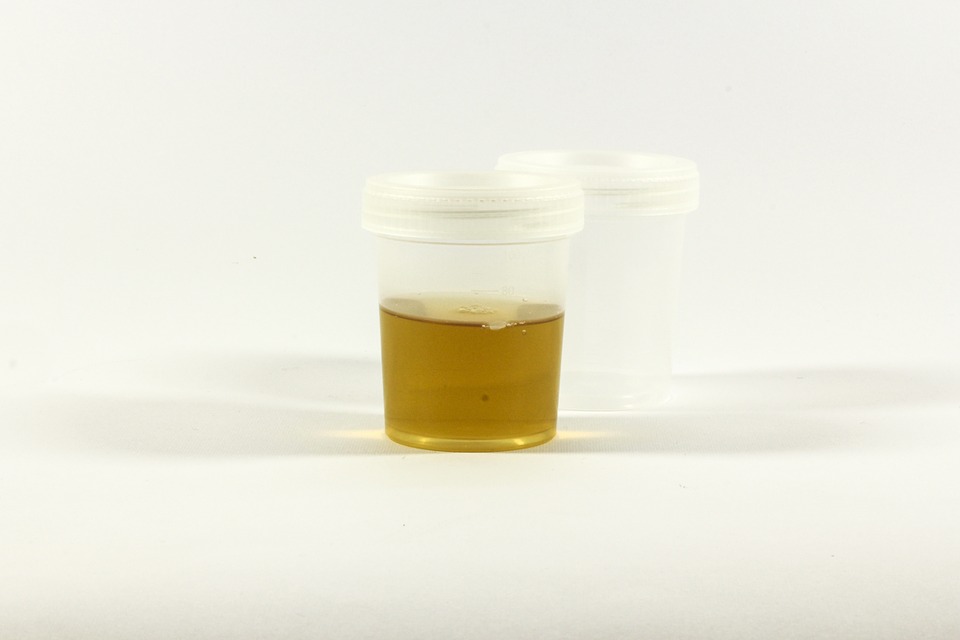
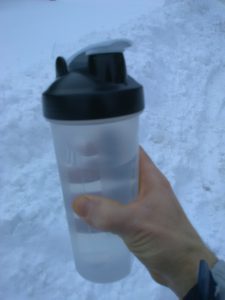 consuming water throughout the day. 65-70oz of water per 100lbs of body weight is a good daily target(balancing your consumption throughout the day). For every 30 minutes of physical activity that can induce sweating, such as exercise or vigorous physical labor, add about 12oz.
consuming water throughout the day. 65-70oz of water per 100lbs of body weight is a good daily target(balancing your consumption throughout the day). For every 30 minutes of physical activity that can induce sweating, such as exercise or vigorous physical labor, add about 12oz. 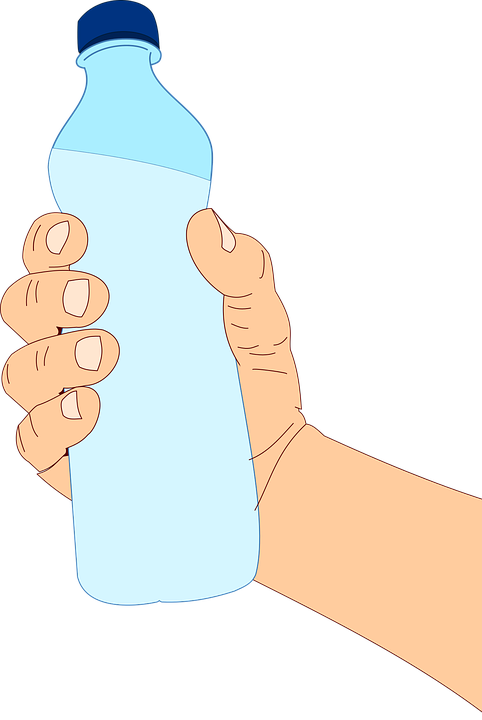
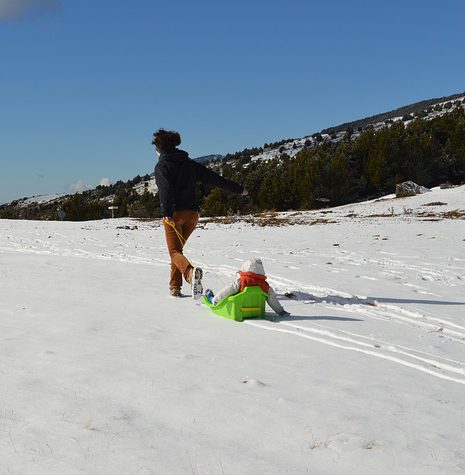



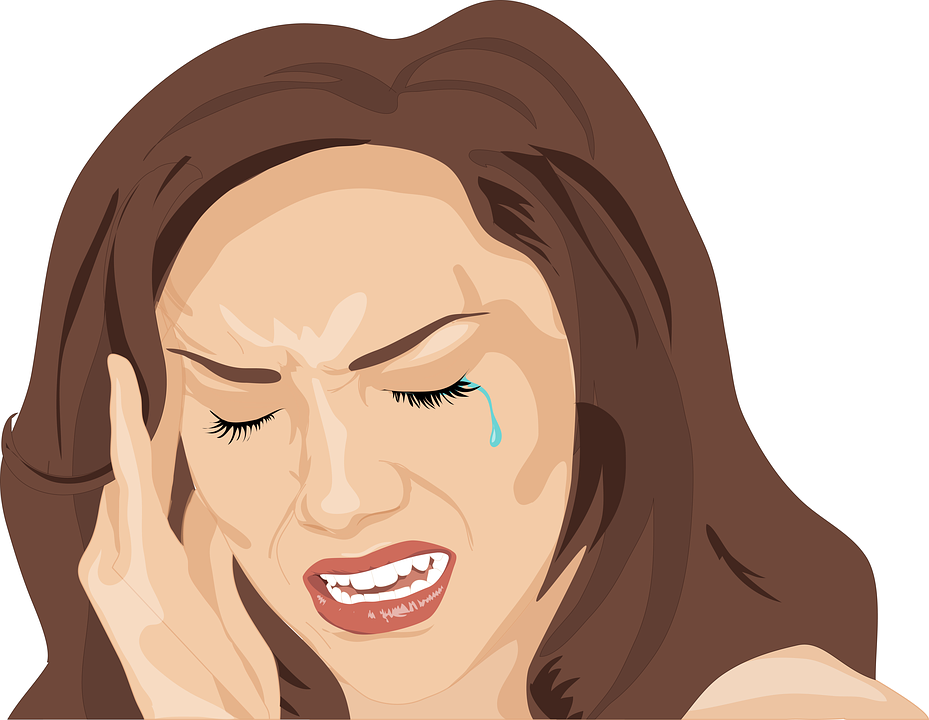
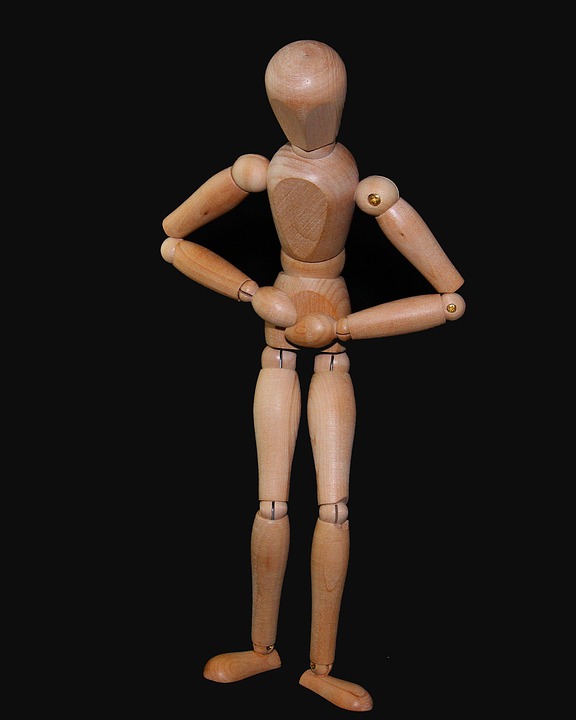

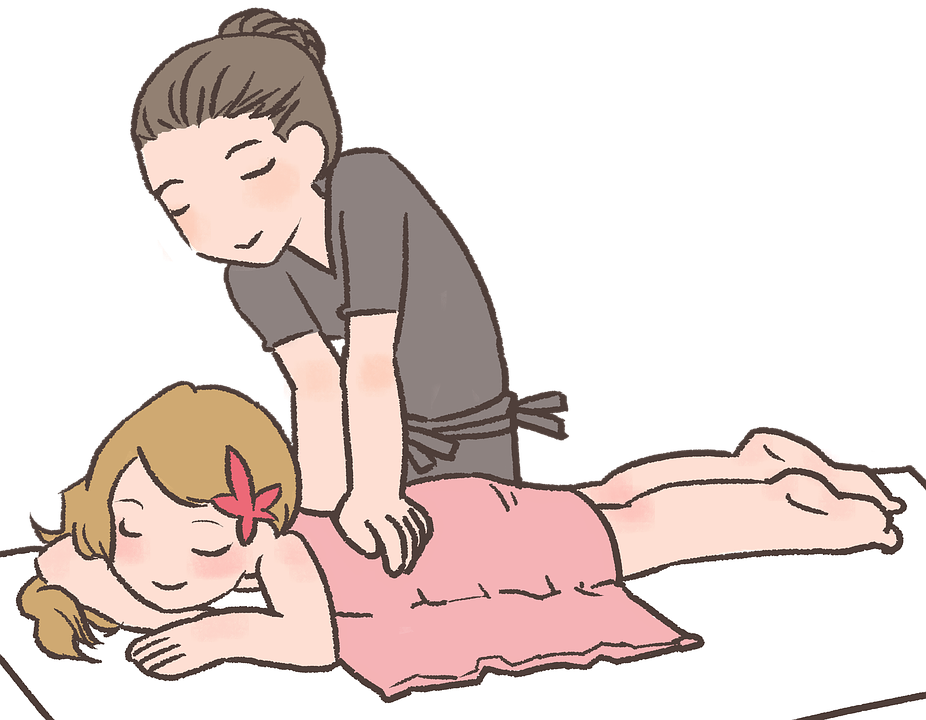

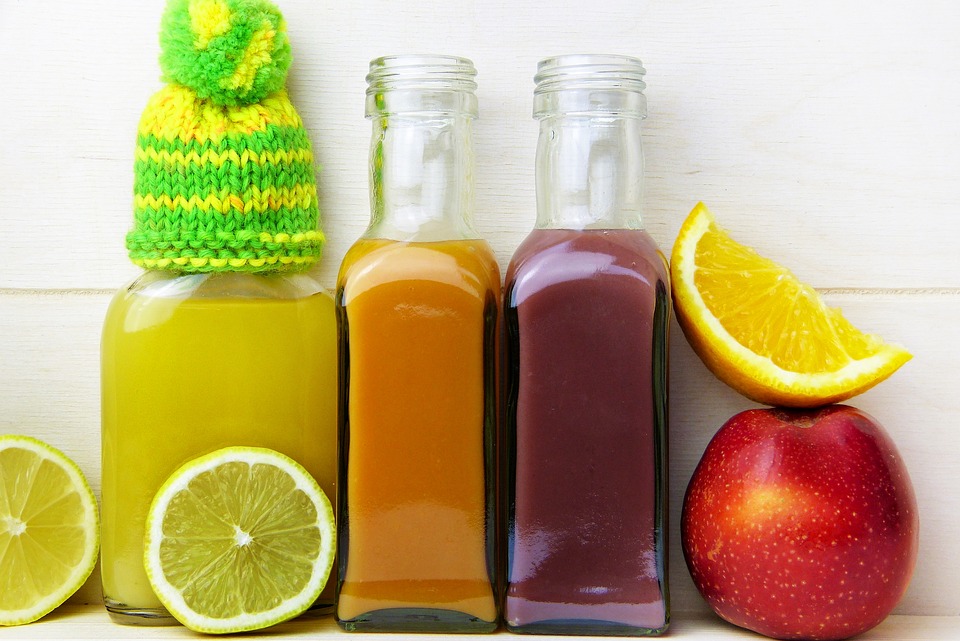
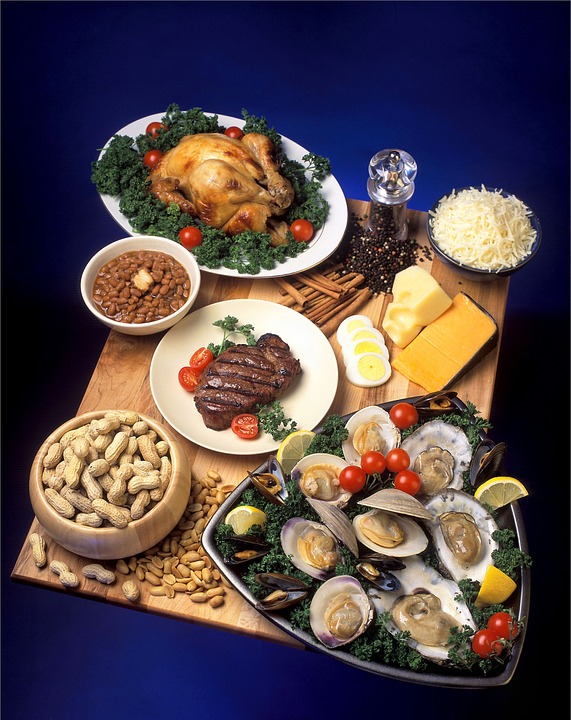
![By National Institute of General Medical Sciences (Circadian Rhythms Fact Sheet) [Public domain], via Wikimedia Commons](https://upload.wikimedia.org/wikipedia/commons/5/55/Circadian_rhythm_labeled.jpg)
![By 黄雨伞 (Own work) [CC BY-SA 3.0 (https://creativecommons.org/licenses/by-sa/3.0)], via Wikimedia Commons](https://situationalwellness.com/wp-content/uploads/2018/01/Screen-Shot-2018-01-05-at-7.56.37-PM.png)

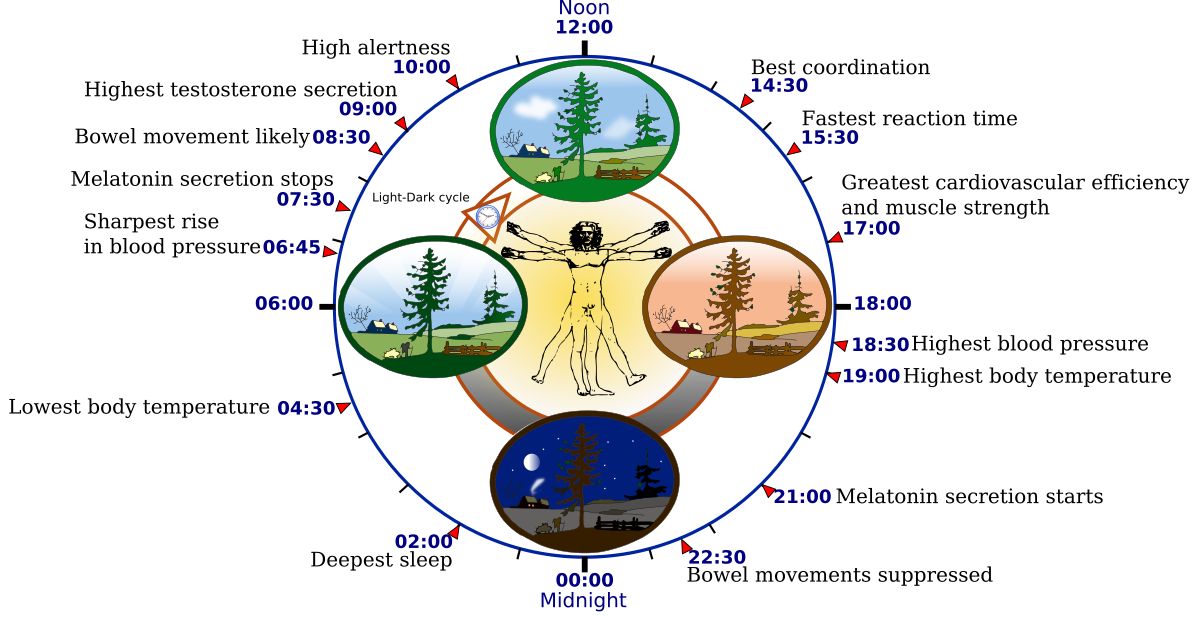


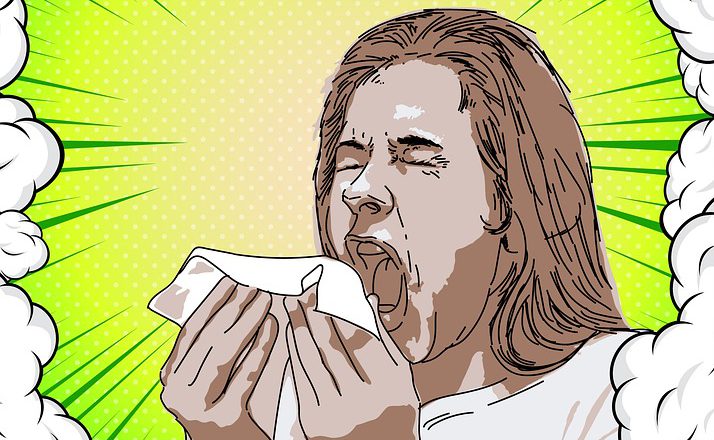
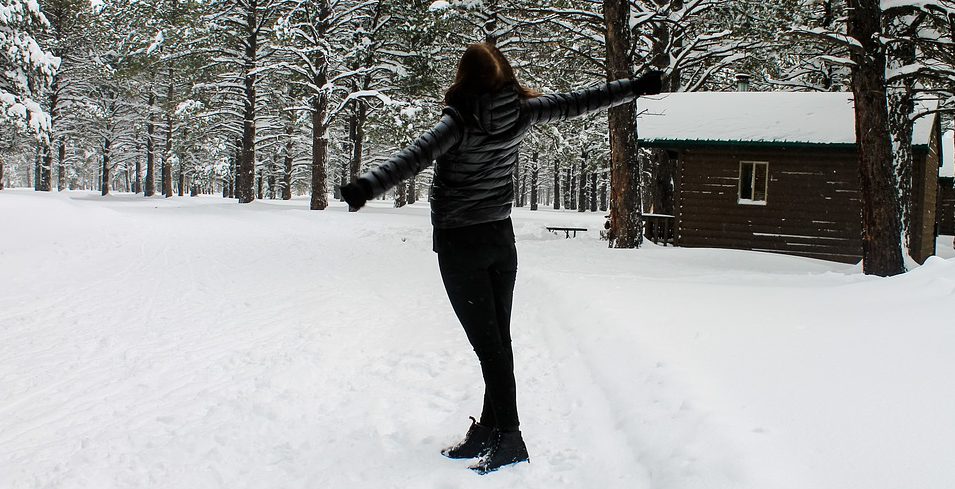
Wow, thanks for sharing this very thorough post on how to stay healthy in the winter. Thanks for the reminders! I know I forget to drink enough water, I want to sleep more, and I don’t go outdoors so much. I really miss the sun this time of the year. I think the combination of good food, good exercise, and good sleep are essential to keep healthy at any time of the year. Finally no, I have not gotten the flu shot. I simply hope I will not get the flu.
Marika
Thank for commenting Marika. The flu shot doesn’t have a good track record among those i know whom have taken it. I need to practice what I’m preaching in this post better, but I’ve been supplementing with lypo-spheric vitamin C and have not gotten a cold/flu thus far this season.
Cheers, Brad
Thank you for creating a post with so many helpful tips for keeping healthy in the winter! I think the first section regarding staying hydrated is the one I have seen people neglect the most. I know for myself that I struggle with this as well, so thanks for the friendly reminder! I will be more mindful of my water intake in the coming days and weeks.
I used to get the flu shot each year, and then would proceed to get the flu anyways, and therefore I have stopped receiving it. Other members of my family had similar issues, so we have ceased flu shots in our house.
Thank you so much Brittaney, for taking the time to read and comment on my post. It was a lot lengthier that i anticipated as there was so much to cover and still didn’t get to a couple of sub topics i wanted to touch on.
Thank again and God bless, Brad
It is definitely important to try to stay healthy when the cold hits. Thanks for giving some insight into what we can do to help prevent sickness in the cold.
Your welcome Logan. That’s the premise behind why I started this site(to offer self reliant insights into health and wellness). Thank you so much for reading and commenting.
God bless, Brad
HI Brad,
This is the most comprehensive article on the topic I have ever read! I will definitely bookmark it to make sure I keep track to stay healthier in winter.
I have to confess I don’t do most of what your post recommends. I don’t exercise regularly, I don’t take enough sunlight and also don’t eat healthy foods. However, I am taking some supplements like Krill omega 3, vitamin D, C and K2. Luckily, I haven’t caught a cold this winter. I will definitely change my bad habits. Thanks for the inspiration and information I need to get started!
Best,
Stefan
I’m with you Stefan. I need to get on the stick with many of the tips i presented in this post as well. We had rare january sunlight today and i dropped the ball and didn’t take advantage to the extent i should have. That’s a good list of supps your taking (especially the vitamin C). I’d suggest that’s a big reason you haven’t had a cold. Neither have I and i’m taking a lot of C right now and getting as much sleep as i can. Thanks for taking time to read and comment.
Best of health to you,
w/much gratitude, Brad
I wanted to start out and say thank you very much for putting this wonderful and informative post together. I am sure it was a lot of research and work to put this together. You’ve covered everything I need to know to stay healthy in winter month.
You mentioned that we can get dehydrated in winter months due to not as much humidity in the air. Recently I noticed my skin is very dry. Now everything all make sense after I read your post. In winter month, everywhere we go with the exception of going outdoor, we are expose to heater and we lose moisture. And consequently, we get dry and irritated skin. I went and bought a humidifier and that has been helping tremendously.
Regarding flu shot, I have gotten a couple flu shots in the past due to work and got very ill. If it wasn’t for work, I would’ve never gotten the flu hot. To me, flu shot is merely a guessing game for predicting the next season’s virus. And so far, they’ve always gotten the strain wrong. I’ve read many articles about flu vaccine and its effectiveness. In one research, it says people don’t get flu from the shot, the reason people get flu after flu shot is due to suppressed immune system. There are some toxic and questionable ingredients in the flu vaccine that can cause a person’s immune system to decline. Once your immune system is weak, you will become susceptible to many illnesses. Another research I read states that flu vaccine is not as effective as it claims.
I am a true believer that our immune system is designed to fight and protect us from virus and bacteria. If we work to strength and improve our immune system through proper nutrition and exercise, we can eliminate the hospital visits, medications and flu shots.
It is unfortunate that our media and hospital are almost all about medicine and procedures. You hardly ever see a billboard or tv ad about prevention and natural healing and remedies.
I am very glad that you and I have similar interest which is focusing on health and wellness through natural remedies, proper nutrition and exercise.
I love the fact that you list everything we need to know on how to stay healthy in winter months, by following some of your tips, people can most definitely be protected from the flu season. Like always, I enjoy reading you post and learn a lot as well. I will share this on my social media. Keep up with the good work.
Thank you so much for that Hong. I truly cherish your perspective with great value. You made some great points in your comment, especially regarding the flu shot explaining more details of why it doesn’t protect you from the current strain of the flu and how it suppresses the immune system. As for the winter dry air, My lips are really dry right now, cracking and peeling. I really need to get those ingredients you mentioned in your article on DIY lip balm and try that. I can see how that really could be beneficial.
Again, thank you so much and God bless you, Brad
Wonderful article! This article is packed full of good information and well worth reading. The best post yet. I printed for Dad to read and posted the link on my facebook page. The part about staying hydrated is something a lot of people need to take into consideration. A good reminder to drink more liquid in winter.
Thank you for taking the time to read and comment. It turned out to be a lot longer than i anticipated.
With love and gratitude, Brad
Hi, This is such a super and great article. Everything explained about staying healthy in this horrible cold weather is in so much detail that a reader don’t need any other blog to read. Great job, keep it up…and yes..I am going to forward this great article with everyone…
Thank you Sarah for taking time to read my post and bless your heart for forwarding. I hope readers can get some fundamental value out of the information presented.
Thanks again with gratitude, Brad
I appreciate the insight but I’d like to ask some questions for clarity: You started your comment with “one more thing i’d like to share.” is there something you meant to say in the former that you left out or are you just adding to the content and previous comments posted? Also, Can you elucidate exactly on why this particular page needs to be updated and what you mean by “if you don�t update your webpage on on a regular basis basis then it�s no more importance.” I’m a one man show here and have only so many hours in a day to research and present perspectives on this material. I appreciate the constructive criticism (and i’m giving you the benefit in that assumption) but i need some specific highlights in regards to what needs to be updated in this piece and why. Thanks
Hi! I love how informative and great your articles are. Can you recommend any other blogs that share information on Spiritual Awakening or spirituality in general? Thanks a lot!
Hi Balaka,
I do consider myself a spiritual person however, don’t really have site or link that i could recommend off the top of my head.
Thank you for visiting and commenting, Brad